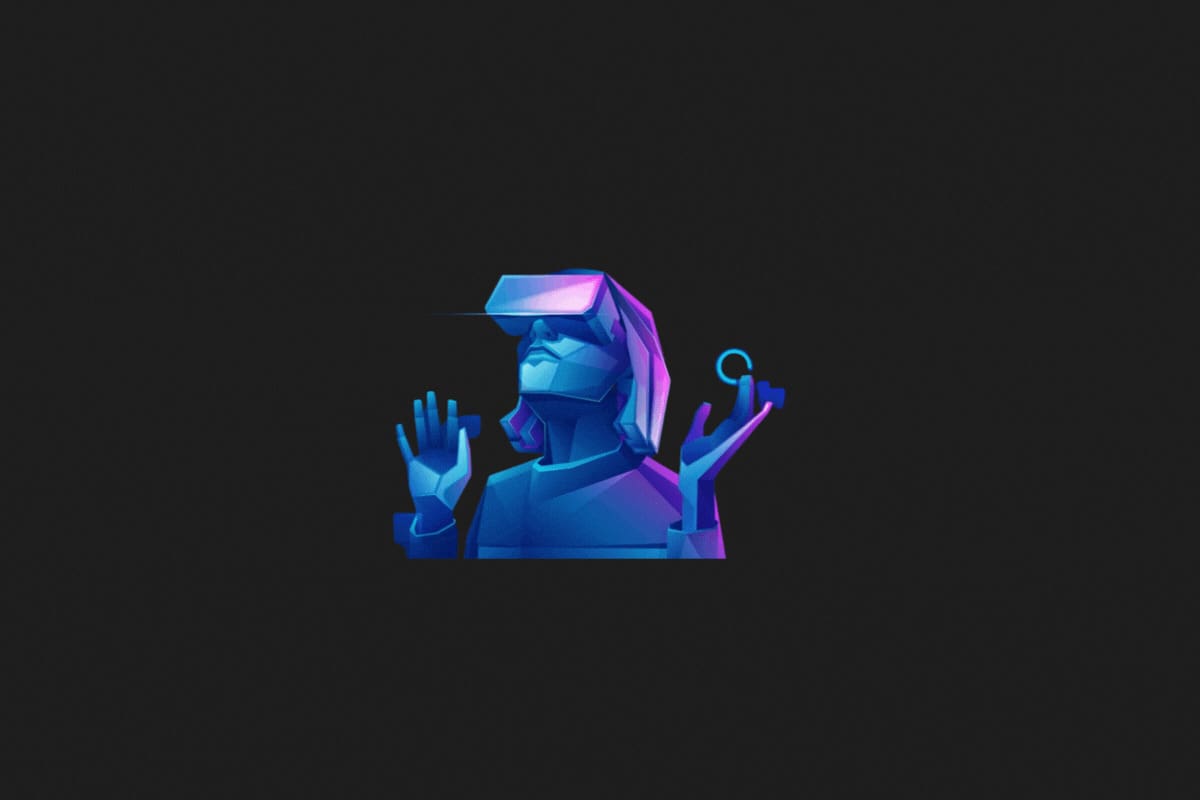Global research indicates that companies should not overlook the Metaverse opportunity, projected to generate over $2030 trillion in value by 2025. Emphasizing the importance of realizing the full potential of the Metaverse through the establishment of common standards, Mehmet Acar, a full member of the Metaverse Standards Forum and the Founder and CEO of Verse Istanbul, provided insights into the matter.
Efforts are ongoing to comprehend the concepts of Web 3.0 and the Metaverse, which have remained prominent in recent business discussions.
While McKinsey’s estimates suggest that the Metaverse could contribute significantly to the global economy, reaching its maximum potential hinges on the establishment of common standards centered around interoperability.
Mehmet Acar, as the Founder and CEO of Verse Istanbul and a founding full member of The Metaverse Standards Forum, which collaborates with entities like Microsoft, Samsung, Siemens, and Sony, shared his reflections on this crucial subject.
$120 billion invested in Metaverse in 2022
Investments in the Metaverse, expected to profoundly impact both commercial and personal aspects of life, are believed to have surpassed the $120 billion mark in 2022. According to Mehmet Acar, Founder and CEO of Verse Istanbul, to unlock the full potential of the Metaverse—defining a novel internet form known as the experiential internet—establishing common standards is imperative.
The Metaverse Standards Forum, initiated in June 2022 by globally renowned technology entrepreneurs and companies, including Mehmet Acar, outlines key accomplishments under the following categories:
- Harmony and Cooperation: Similar to the internet being a universally accessible technology today, the Metaverse must be constructed with an approach enabling accessibility from all devices. To facilitate the collaboration of different platforms, devices, and applications across multiple virtual universes, establishing clear standards at the outset is crucial.
- User Experience and Security: To prevent the potential misuse of Metaverse by malicious entities and ensure consistent user experiences for all users, standard protocols need to be defined in the Web 2.3 version, akin to those in Web 2.0.
- Innovation and Growth: Setting standards is pivotal for fostering continuous innovation and growth. The forum posits that innovation and growth can flourish within the parameters of a shared conceptual framework.
- Creating an Ecosystem: The Metaverse, envisioning interoperability, accessibility, user experience, open data sharing, and shared experiences, prioritizes ecosystem development over a siloed approach. The forum plays a pivotal role in cultivating a culture of collaboration and cooperation among diverse stakeholders.
Mehmet Acar, a founding full member of the Metaverse Standards Forum through his company, emphasizes the necessity of developing a common language, approach, and strategy for the Metaverse, which will shape the future of society, economy, and trade.
How will Metaverse standards be determined?
Highlighting that the Metaverse Standards Forum serves as a collaborative space for stakeholders involved in Metaverse and technology to establish standards, Mehmet Acar explained, “The Metaverse Standards Forum actively promotes standard-setting processes by offering technical reports, suggesting requirements, developing pilot applications, providing test environments, and sharing open resources. With 37 founding members and over 2,400 companies, the forum conducts its activities under six key categories through various working groups.”
- Research and Analysis: Comprehensive research is conducted, considering technical, legal, social, and economic perspectives to assess the current status and potential of the Metaverse.
- Setting Standards: Different components and industry stakeholders collaborate in developing standards and protocols across areas such as virtual reality, augmented reality, data sharing, authentication, and security.
- Collaboration and Stakeholder Engagement: Incentive processes are implemented to encourage participation not only from the private sector but also from the public, academia, and non-governmental organizations during this transitional phase.
- Testing and Verification: The developed standards undergo testing on prototypes to verify their functionality. This stage is crucial for understanding how the scenarios and standards operate in real-world conditions.
- Dissemination and Implementation: Standards begin to be applied across various platforms and applications that constitute the Metaverse, facilitating broader accessibility and usage.
- Update and Improvement: With wider audiences come new use cases and increased innovation. Continuous improvement and update processes are conducted in alignment with standards and usage scenarios.
Companies should not miss the transition of the Metaverse era
Mehmet Acar, the Founder and CEO of Verse Istanbul, reflects on the impactful image of Jeff Bezos, Amazon’s Founder, situated in a small office in front of a computer. Acar asserts, “Amazon, pioneered by Jeff Bezos who recognized the advantages of Web 2.0, strategically planned and emerged as one of the world’s leading companies.
According to McKinsey research, 1 in 4 senior executives anticipates that 15% of company revenues will originate from the Metaverse within the next five years. This underscores the importance for companies, whether operating from a small one-desk office or a large enterprise, to seize the opportunities presented by the Metaverse and the advanced Web 3.0 version. It’s time to explore the benefits of Web 3.0 and embark on a path to success.”
This transition era appears to empower companies to construct custom Metaverses that may surpass the value they’ve achieved in the real world over the years. Estimates suggest that the Metaverse and Web 3.0 version could amplify the benefits of today’s internet by a factor of 100.
